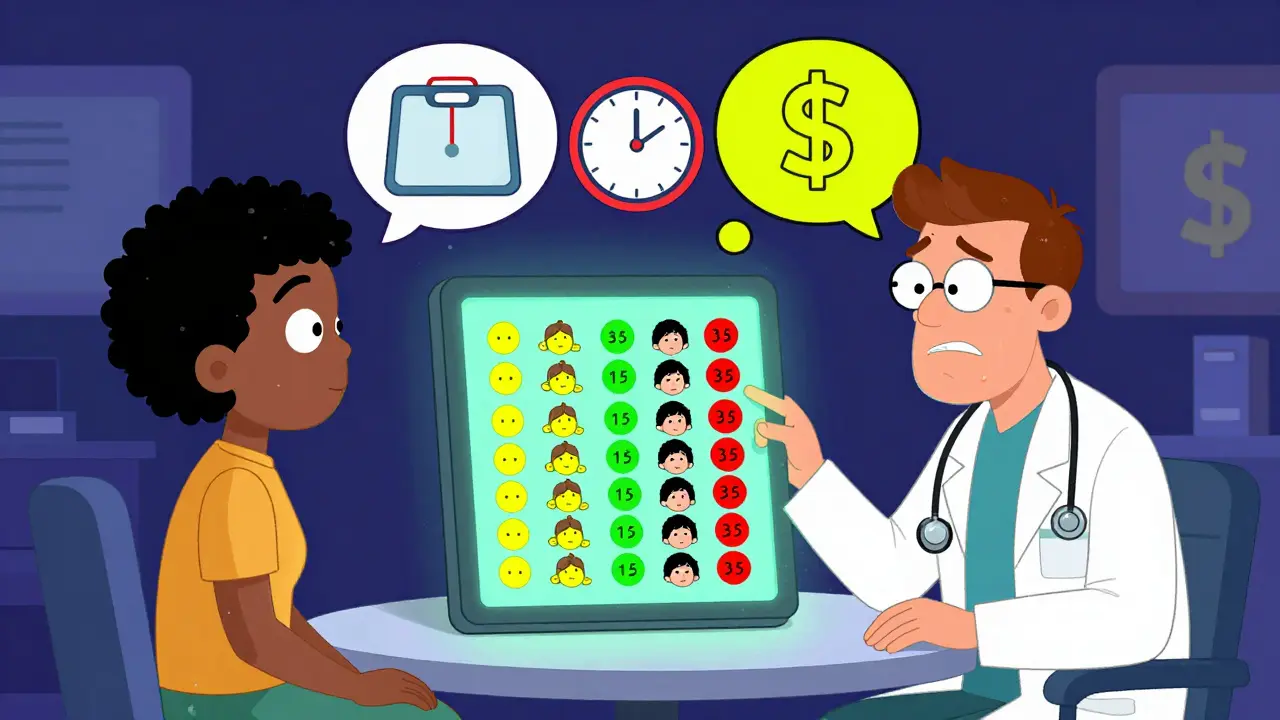Side Effects – How to Spot, Manage and Report Them Safely
Ever taken a pill and wondered why you felt weird afterward? That’s a side effect. It’s the body’s reaction to a medicine, supplement, or even a food. Most side effects are mild, but some can be serious. Knowing what to look for and how to handle it can keep you from unnecessary trouble.
Common Signs and Symptoms
Side effects come in many shapes. The most frequent ones include headache, nausea, dizziness, stomach upset, and a rash. If you start feeling sleepy after a new prescription, that’s often a sign the drug is affecting your central nervous system. Some meds can cause dry mouth, blurry vision, or trouble sleeping. Pay attention to any new symptom that shows up after you begin a new treatment – even a small change can be a clue.
Serious side effects are less common but need fast action. These may be trouble breathing, swelling of the face or throat, a fast heartbeat, severe stomach pain, or sudden confusion. If any of these happen, call emergency services right away. It’s always better to be safe than sorry.
Managing and Reporting Side effects
First, read the medication guide that comes with your prescription. It lists known side effects and tells you when to call a doctor. If a side effect is mild, you might be able to adjust how you take the drug – for example, taking it with food instead of on an empty stomach.
Keep a simple log: write down the drug name, dose, when you started, and any symptoms you notice. This makes it easier for your pharmacist or doctor to spot patterns. Many pharmacies have online portals where you can report side effects directly to the drug manufacturer.
Never stop a prescription on your own without checking a professional first. Stopping suddenly can cause withdrawal symptoms or make a condition worse. If the side effect is unbearable, ask your doctor about a lower dose, a different medication, or an extra drug to counteract the problem.
Remember, reporting side effects isn’t just for you – it helps improve drug safety for everyone. In the U.S., you can report to the FDA’s MedWatch system; other countries have similar programs. Provide details like the medication name, how long you took it, and what happened. The more specific you are, the more useful the report.
Side effects can also be hidden in over‑the‑counter products and supplements. Natural doesn’t always mean safe. For instance, magnesium hydroxide can cause diarrhea if you take too much, while high doses of cranberry supplements might interact with blood thinners. Treat every product with the same caution as a prescription.
In short, stay alert, keep notes, and talk to a health professional as soon as you notice something off. Knowing the signs, acting quickly, and sharing your experience helps you stay healthy and contributes to safer medicines for all.


